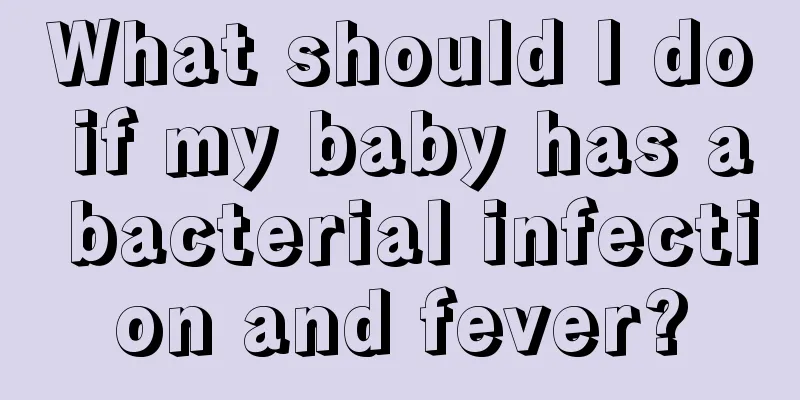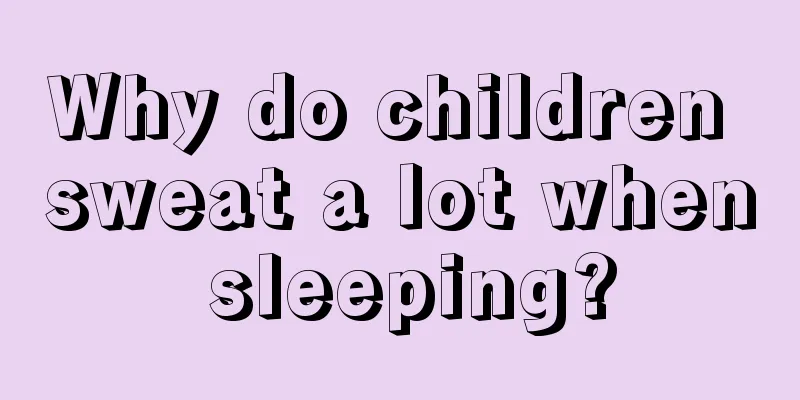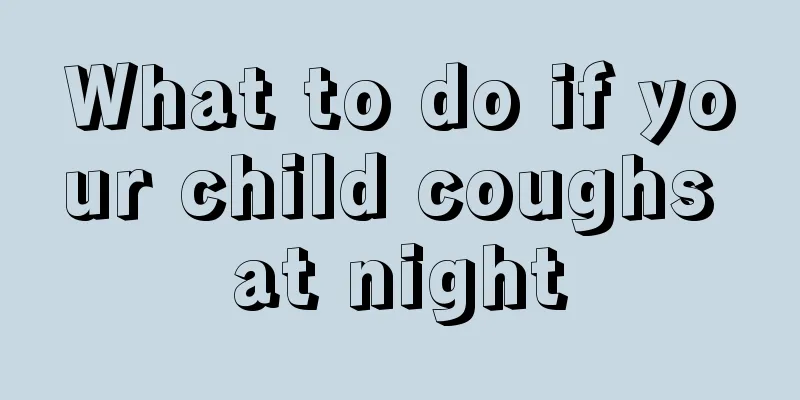What should I do if my baby has a bacterial infection and fever?

|
In fact, taking care of a child is a very arduous task, especially for babies. They may be particularly prone to illness and have poor body resistance because they are just born. Therefore, they must be taken care of carefully. However, it is normal for children to have a minor cold or cough, so you don’t have to worry too much. But if the fever is caused by bacterial infection, is it serious? What should we do! The normal basal body temperature of children is 36.9℃~37.5℃. Generally, when the body temperature exceeds the basal body temperature by more than 1°C, it is considered a fever. Among them, low fever refers to body temperature fluctuating around 38°C, and high fever refers to body temperature above 39°C. Continuous fever for more than two weeks is called long-term fever. Whether the baby has a fever or not, roughly speaking, if the body temperature measured by an ear thermometer is higher than 37.5 degrees Celsius, it means that the baby is unwell. At this time, parents must pay attention to whether the baby has any symptoms; if the body temperature reaches above 38 degrees, it means that the baby really has a fever. If your baby only has a slight fever of around 38 degrees but is in good spirits, there is no need to rush to take him to the doctor. You can take care of him at home first. You don't need to give him antipyretics. You only need to provide him with liquid food and water. Determine the cause of the fever based on the symptoms he has. If it is still unclear, you can call the relevant authorities for consultation. If the baby complains to the parents that he is very uncomfortable, or the body temperature is higher than 39 degrees, consider giving the baby antipyretics. However, after taking the antipyretics, regardless of whether it is effective, you must seek medical treatment again. Otherwise, for a fever of around 38 degrees, it is recommended not to take antipyretic measures. Let the baby recover naturally, which can enhance the baby's resistance. There are many causes of fever in children. Upper respiratory tract infection, gastroenteritis, tonsillitis, pneumonia and all infectious diseases may cause fever symptoms. In addition, babies under one year old may also develop fever due to urinary tract infections, gastrointestinal diseases, and hand, foot and mouth disease. In many cases, a doctor must be consulted to find out the real cause of the fever. So if a child has a fever, first of all, don't rush to reduce the temperature. You should find out the cause of his fever. Then, you should pay attention to the points when giving medicine. If the child is very young, try to use less antipyretic drugs, especially not some mixed medicines. Do not take medicine randomly, otherwise the child's body will not be able to bear it, so try to go to the hospital. |
<<: What should I do if my baby has lung heat and cough?
>>: What to do if your child has dermatitis and eczema?
Recommend
Treatment of white mouth in newborns
The whiteness of the mouth of newborns has attrac...
Height standard for 2-year-old baby
Nowadays, many parents measure their children'...
The correct posture for feeding milk powder to newborns
Many female friends do not know the correct postu...
When do baby dimples appear?
Many people have dimples when they smile, but som...
Child's face twitching
There are many reasons for children's facial ...
What temperature is considered a fever in children?
For us adults, our normal body temperature is 37 ...
Two-year-old baby anal pain
A two-year-old baby has anal pain, which is often...
Is late closure of fontanelle in infants and young children due to calcium deficiency?
Some parents find that their children's fonta...
Why does my baby's urine smell so bad?
Many people say that when babies are young and ar...
What should I do if my child has a short tongue tie?
The so-called tongue tie is actually the tongue t...
Treatment of blisters in children's mouth
Children's physical fitness is worse than tha...
What causes granular stools in babies?
The health of the baby is of great importance to ...
Why does my child keep coughing?
Children's immunity to viruses is inherently ...
What materials are good for children's dental fillings?
There are actually quite a lot of materials that ...
What are the benefits of learning Taekwondo for children
Many families send their children to school to pr...









